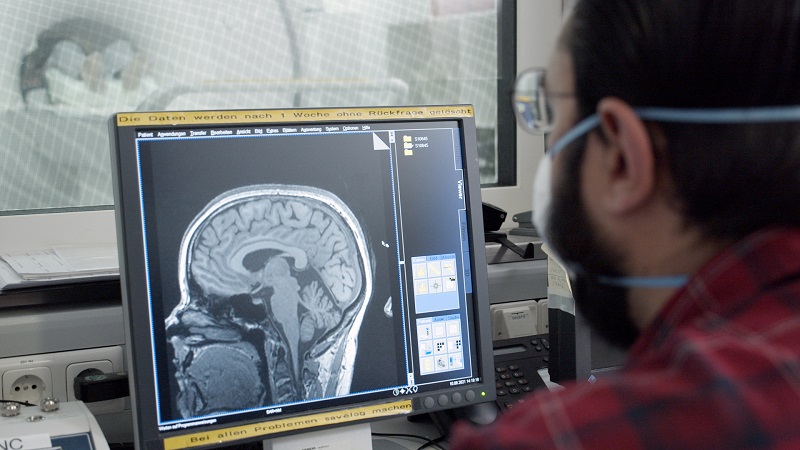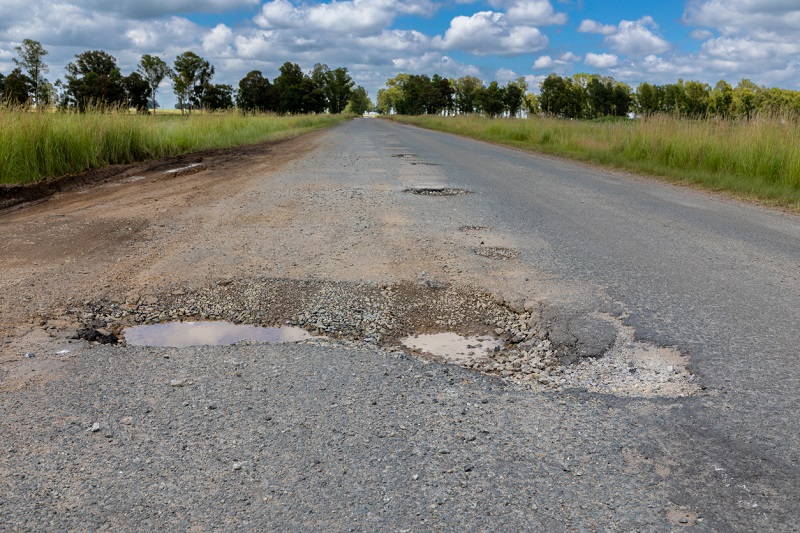Brain research to help identify drivers losing concentration at wheel

Would you appreciate a gentle nudge when you’re starting to switch off while driving?
Well it could soon be a possibility, as one car firm has teamed up with neuroscientists to develop a more reliable way of detecting whether motorists are tired, distracted or not concentrating at the wheel.
‘Of critical importance’
Ford says notifying drivers who are tired or distracted would help keep other road users safe, as driver fatigue is cited as a contributing factor in up to 25% of fatal and serious road accidents.
Stefan Wolter, research engineer at Ford of Europe, said: “The brain processes huge amounts of information when we are driving, but that may change as driver assistance technologies do some of the driving for us. Drivers also get tired and their minds can wander. Identifying more quickly when this happens could be of critical importance.”
By working with neuroscientists from Uniklinik RWTH Aachen in Germany, Ford hopes identifying the brain responses that highlight concentration lapses will help match up scans up with physical manifestations, such as changes in heart rate or breathing.
If a driver isn’t concentrating, for example, a change in their heartbeat could be detected using wearable technology. This could then be used to alert the driver in real time.
The study involves participants using an automated driving simulator, as they lie inside an MRI machine, which will scan their brain activity.
The scenario is a three-lane motorway at night, where the vehicle in the middle lane suddenly brakes. It will then be up to the participant to overtake and move the car to the left or right using a handheld device. Researchers will monitor how quickly participants react.
Professor Klaus Mathiak M.D. Ph.D. head of Psychoneurobiology and lead consultant for Psychosomatic Medicine, Uniklinik RWTH Aachen, said: “We believe that by capturing this data we could one day be able to generate unique physiological driver fingerprints so that drivers of the vehicles of the future can be prepared to react and to intervene immediately in case it is required.”
Automated driving expected soon
In April, the Department for Transport (DfT) announced self-driving vehicles could hit UK roads by the end of 2021, with Automated Lane Keeping Systems (ALKS) the first example of self-driving technology.
While the driver will hand over control to the technology – which will constantly monitor speed and keep a safe distance from cars – they will also need to stay alert enough to be able to take back control if requested by the system. This is where the work by Ford and Uniklinik RWTH Aachen could prove especially useful.
To find out what people think about automated driving, read our report that reveals nearly half of Brits trust their own skills over driverless cars.


